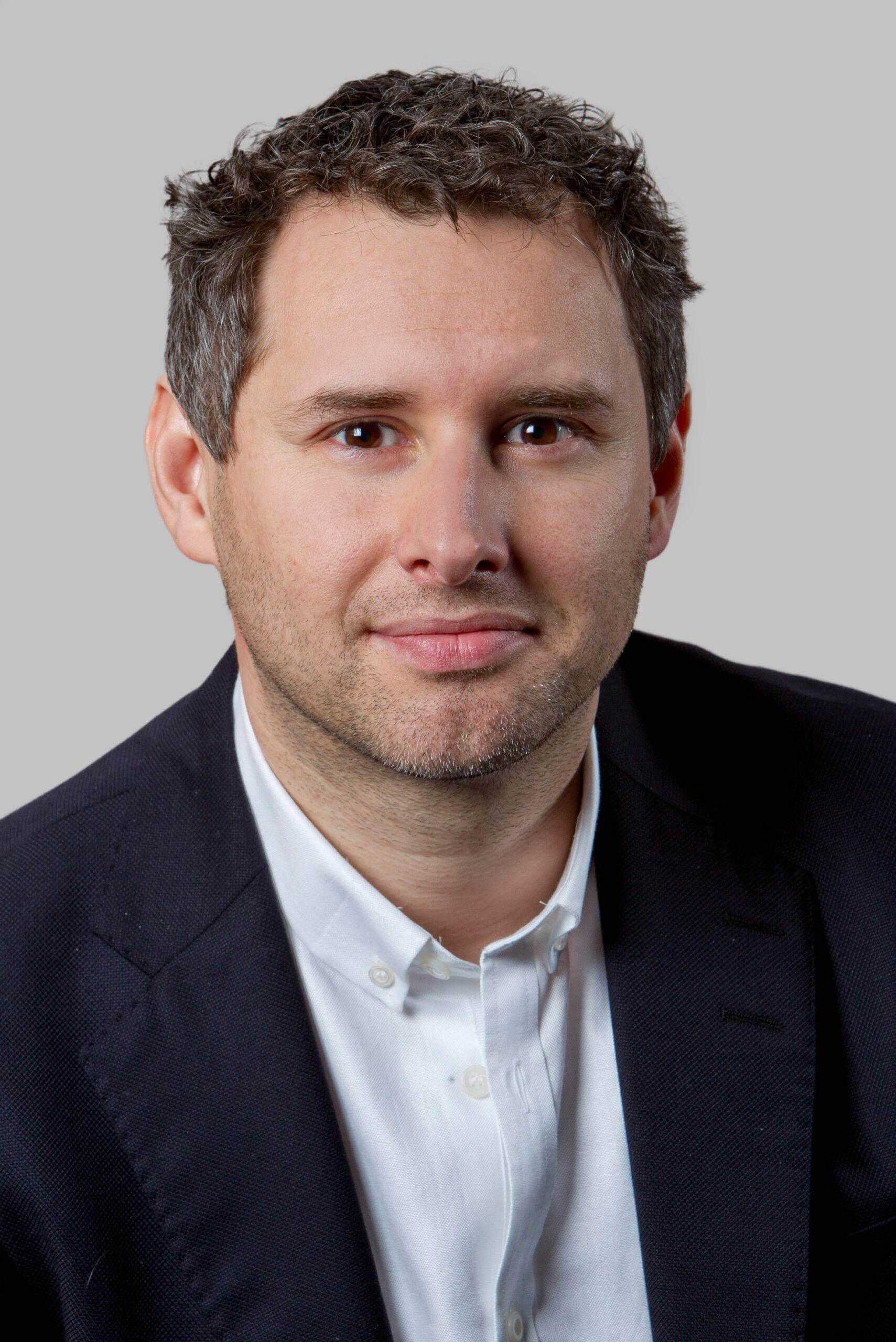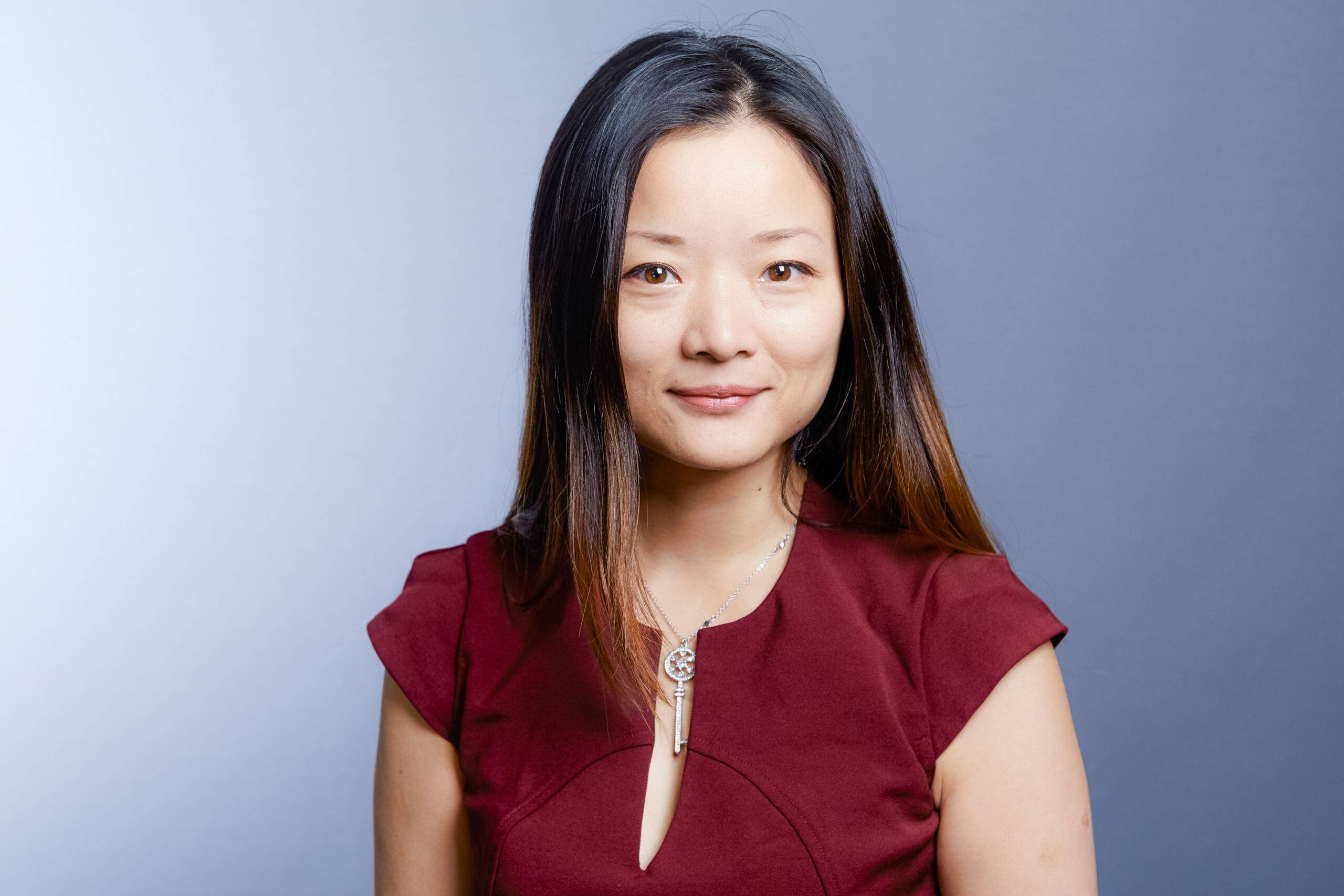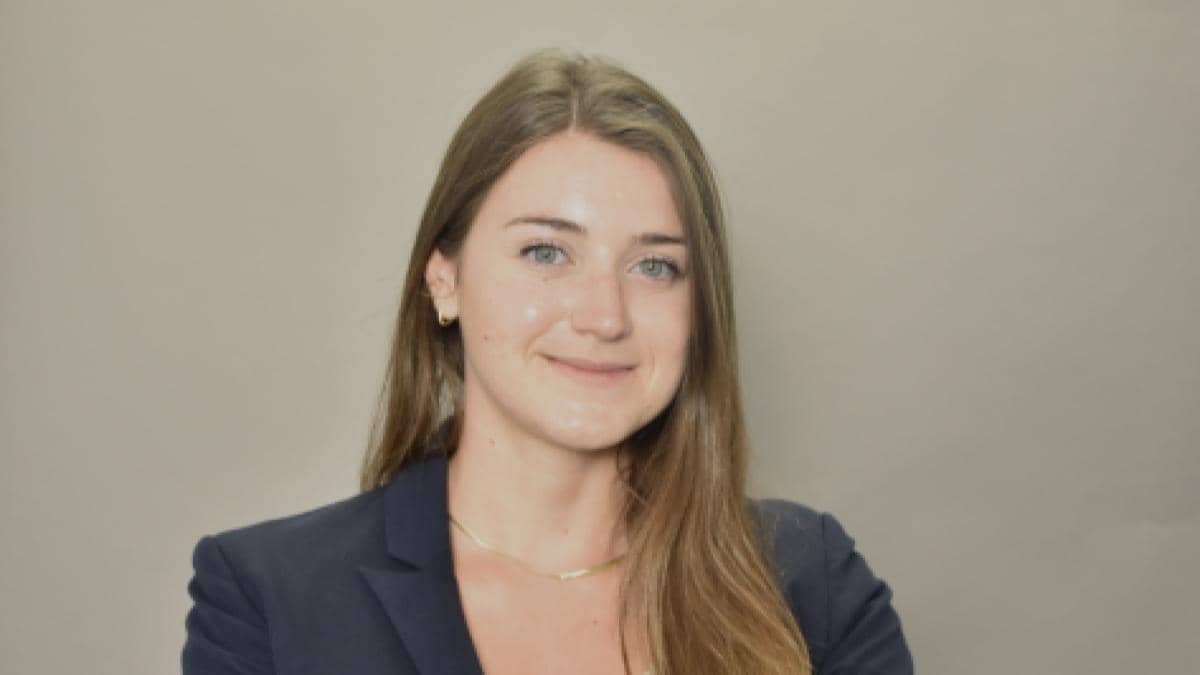Charles Montanaro from Montanaro – Fund Manager of the Month

12 JAN, 2022
By Constanza Ramos
Charles Montanaro graduated with an honours degree in Anthropology from Durham University in 1976. He spent four years in industry before joining Merrill Lynch in 1980 as a private client broker in London. He joined Dean Witter Reynolds in 1984, and Drexel Burnham Lambert in 1987 as a Senior Vice President where, in both cases, he was their top institutional broker in the UK, joining the high-yield bond department in 1989. In 1990, Charles joined MMG Patricof (now Apax Partners) as a Director of investment banking working with UK private and public smaller companies. In August 1991, he founded Montanaro to specialise in analysing and investing in quoted European smaller companies on behalf of leading institutions. He has since launched and managed several funds and established a strong track record. In addition, he has served on the Boards of two public smaller companies. He was appointed a Director of the Montanaro European Smaller Companies plc on 12 January 2012.

When did you start your career?
On graduating as an Anthropologist in 1976, I worked in industry before joining Merrill Lynch in 1980 as a private client stockbroker, marking the start of a career in the City in London.
What made you want to work in the financial sector?
I never wanted or expected to work in the financial sector. A humble state school education did not include any courses on finance. My early ambition was to be a linguist. My sister Fiona arranged for me to spend a Summer in Paris with Merrill Lynch as their post boy to improve my French. Some years later, she persuaded me to leave industry and join Merrill Lynch in London for a much more exciting career. She was right.
You are a fund manager, but also a founder and Chairman at Montanaro – How do you split your time between one role and another?
As Montanaro celebrates our 30th anniversary this year, my role has changed enormously as the team has grown. Cédric Durant des Aulnois (CEO) runs the business supported by Mark Rogers (Head of Investments) and George Cooke (Head of Fund Management). As Chairman, my role is to provide strategic advice. But at heart, I am an investor and love investing and meeting companies. Now most of my time is spent doing what I enjoy.
And how does a normal day looks like?
Before the pandemic, part of the week would be in London (where I aim to be among the first to arrive in the office at around 07.15) and the rest in the country in Dorset. The tube journey into the City of London is now replaced by a morning walk with our dog Ruby, a cockapoo. This is a good time to think without distractions such as e-mails.
The next ten hours or so will vary but often include chairing our Investment Committee to listen to one of our Analysts review a new investment idea. Typically, there would be a “meeting” (nowadays remote on Zoom or Teams) with one or two of our investee companies. As global investors, these can start early in the morning (Japan) to Europe during the day and the US into the evening. The weekend is the opportunity to review my portfolios and I place any buy or sale orders on Sunday evening after time to research and think.
What key principles drive your investment processes and why?
We specialise in Small and MidCap quoted companies. So size is important – smaller companies are less well researched and academic research has shown that smaller companies have historically outperformed larger companies - this is known as the 'SmallCap Effect'. Professors Dimson and Marsh have shown that since 2000 quoted SmallCap has outperformed LargeCap on 25 of the 28 main stock exchanges globally and by an average of 5% p.a.
Our investment process is aimed at identifying high Quality companies and management teams. We are Growth investors and look for niche businesses that can grow irrespective of the economic cycle. Finally, in the case of our Better World Fund, companies must make a positive impact on the world.
Do you have any red lines when selecting a specific asset for your portfolio?
We only invest in equities listed in Developed Markets. One of our criteria for “Quality” relates to balance sheet risk – so we will not consider highly geared companies. Businesses have to be comprehensible and predictable. So we will not invest in commodity related companies such as in oil and gas or mining. Nor will we look at opaque companies that are difficult to value such as banks.
In addition, we have ethical red lines and will not invest in companies with more than 10% of revenues in fossil fuel exploration and production; tobacco; alcohol; weapons; gambling; pornography; high interest rate same day money lending; and animal testing (unless required by law for healthcare companies).
And what do you look at when selecting assets for your portfolio?
As Growth investors, we spend a lot of time understanding the competitive position of a company, its IP, ability to grow in the future and the quality and ambitions of the management team. In SmallCap, management make the decisions that can make or break a company. We are lucky that we get to meet them.
Which asset classes or sectors do you think are particularly interesting right now?
The world has woken up to the importance of “save the planet”, ESG, positive impact investing. This trend will continue for many more years so there are clearly interesting investment opportunities here (although investors need to watch out for green-washing).
In addition, I believe that technology is the future. The recent rise in inflation and interest rates has led to a sell-off in such long duration assets. If the pandemic and climate change concerns have taught us anything it is that technology holds the solutions to such fundamental challenges for mankind. Small and MidCap is the haven for such companies.
What is the most exciting thing you have seen in the markets since you started working in the financial sector?
Markets are unrecognisable from when Montanaro was established in 1991. In those days, a quoted “small” company was under £50 million in size. There were no spreadsheets; no discounted cashflow models; negligible research; little information generally; no company roadshows; institutions dominated company share registers; insider trading was only just being outlawed. It was a different world where the working day ended at noon when lunch began with gin and tonics, often lasting until the evening. Markets are much more professional and properly regulated nowadays.
The single most exciting development is probably the advent of the internet and the accessibility of information to everyone. This means that retail investors are now able to manage their own pensions and to make informed investment decisions as never before. This is exciting.
Do you have any advice for anyone wanting to pursue a career in the asset management industry?
Asset management is a wonderful career. You will meet some of the brightest people and discover world leading companies doing amazing things to make for a better future for us all.
However, there are huge differences between working for a small boutique and a large institution; private or public companies; investing in small or large companies; developed or emerging markets etc. So, follow your interests and know where you are most comfortable.
Finally, if you want to establish your own asset management company, follow your dreams and passion; never give up as it can be done even if you are an Anthropologist; but do not do it my way. And it is a big mistake to call the company by your family name!


